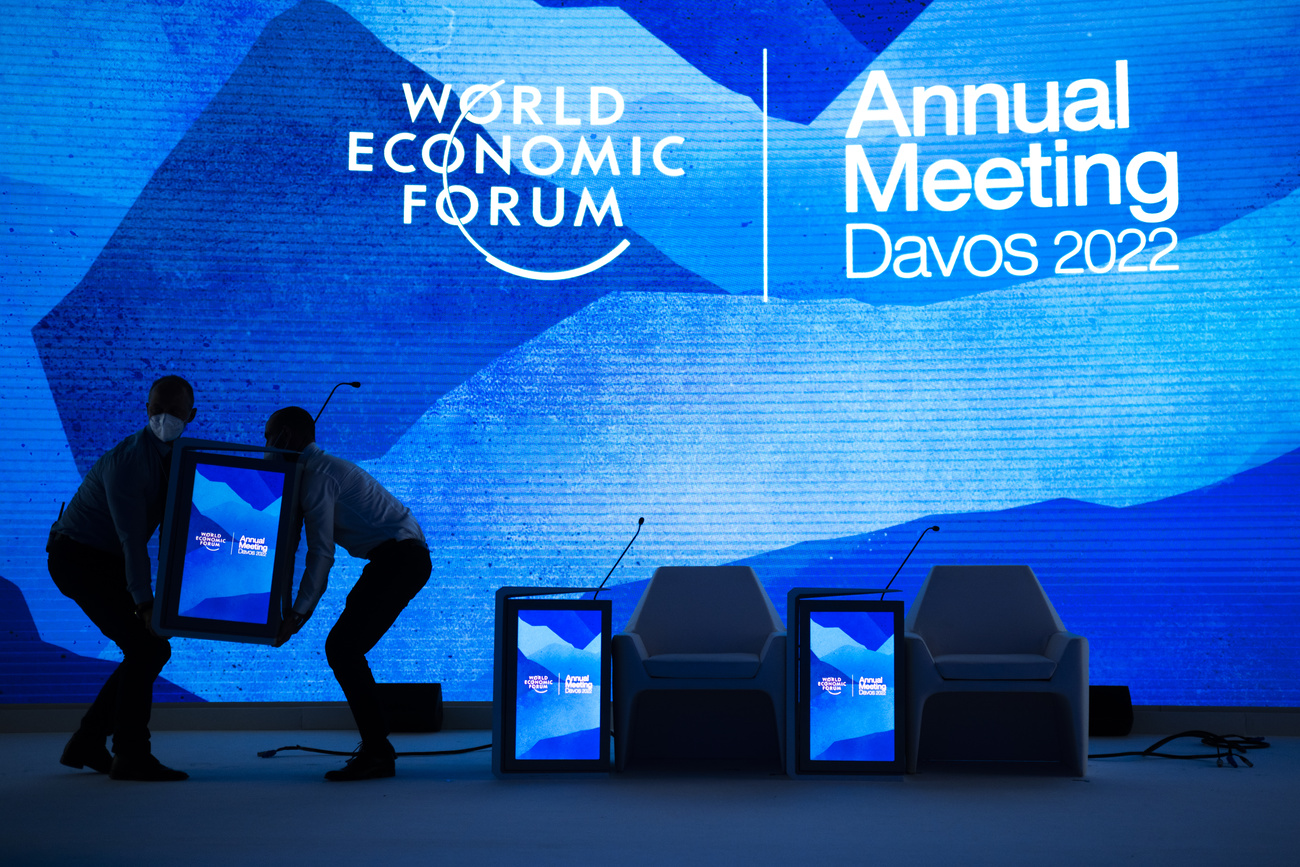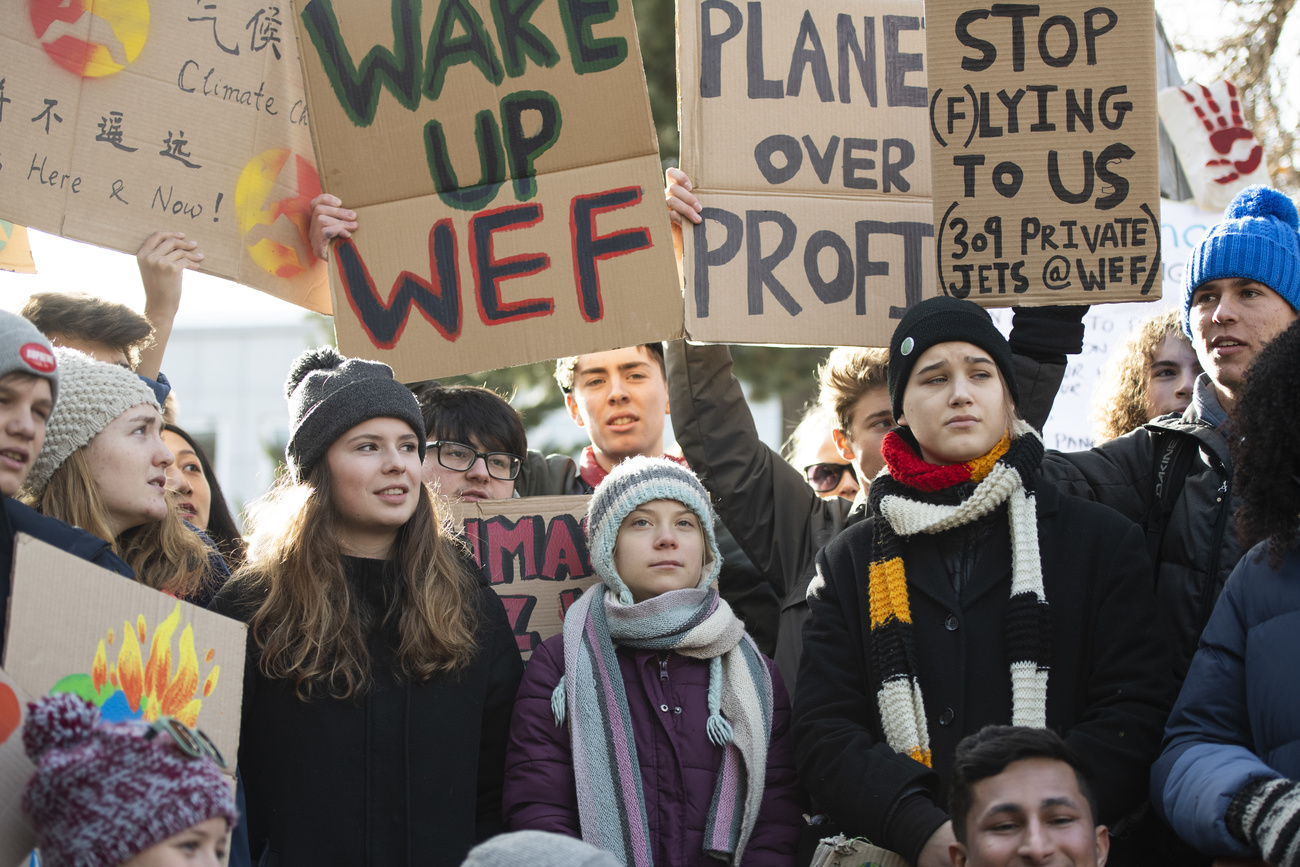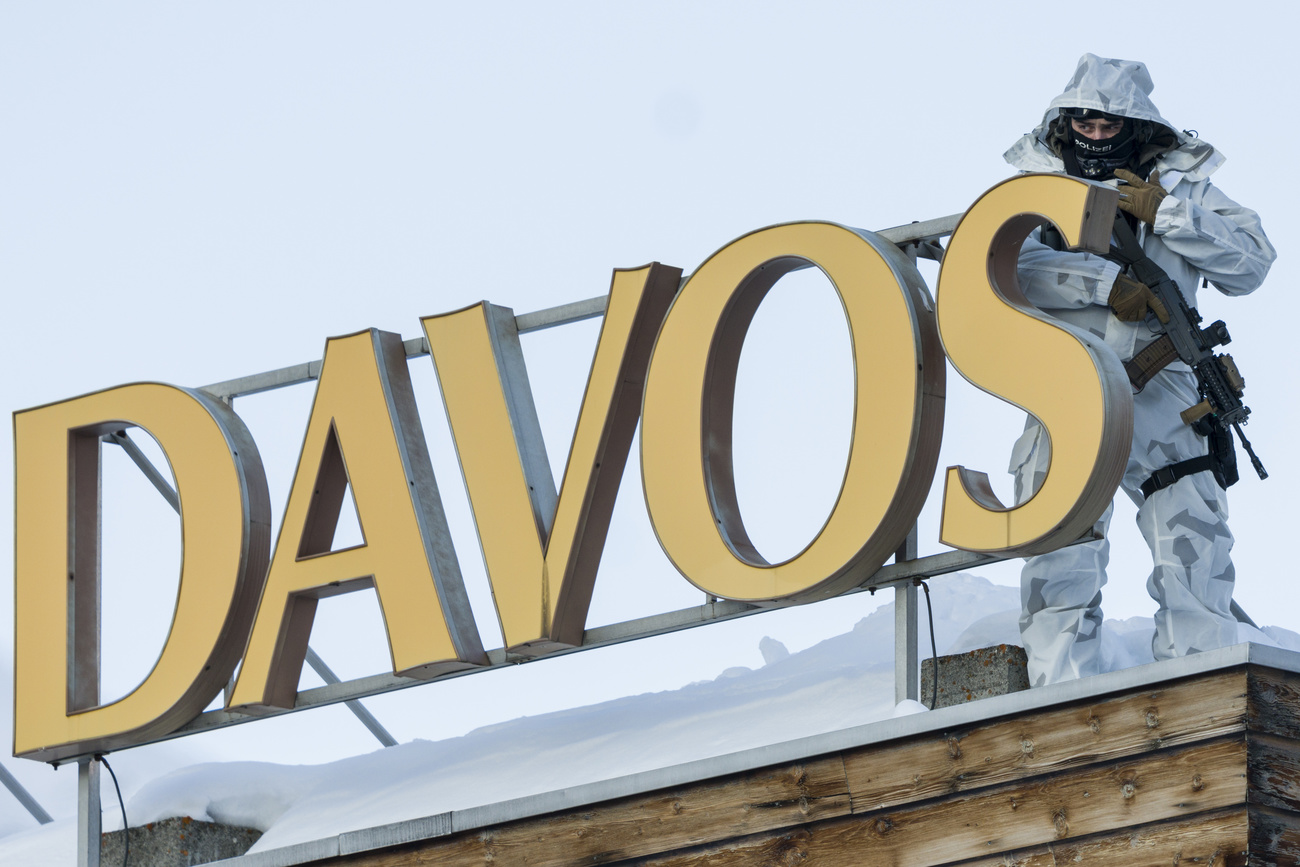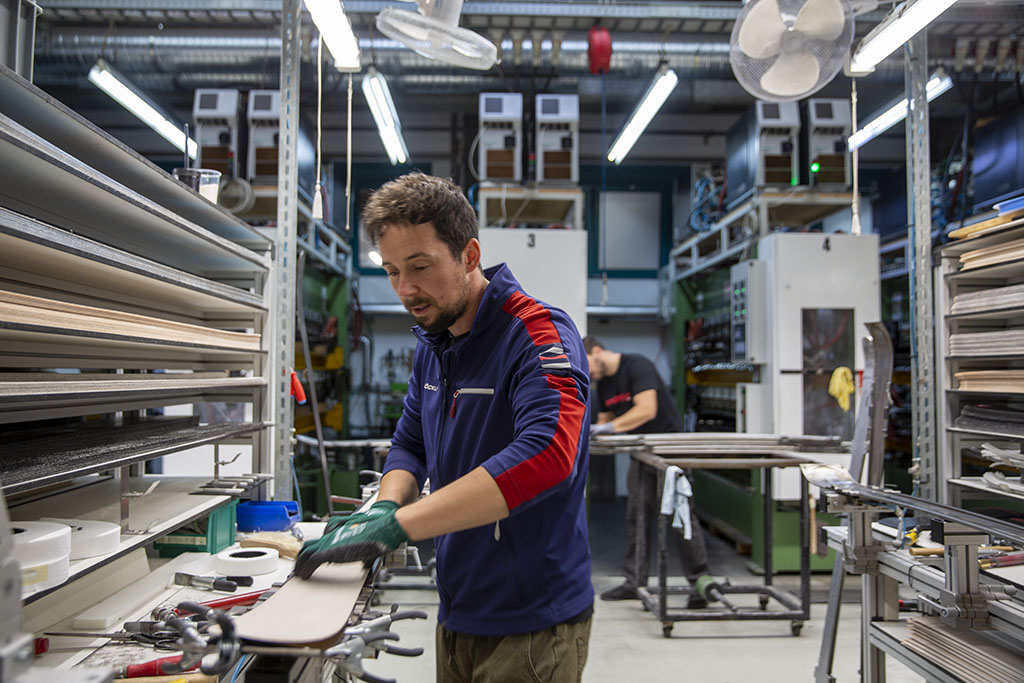A look at WEF 2022 by the numbers

Participants at this week's World Economic Forum Annual Meeting in Davos ditched ice grips for sneakers in its first spring edition. Rain coincided with a flurry of pledges from the private and public sector to tackle some of the thorniest issues of our times: the Covid pandemic, conflict in Ukraine, rising inflation and the risk of recession and, as always, the climate crisis.
New public-private sector coalitions took shape while scientists and activists fought to make their voices heard. Not enough time was spent assessing progress made since the last round of promises. The press rushed to catch premium sources or lingered to overhear snippets of meaningful conversation, cobbling the punchier quotes and factoids into stories. From the art world, Yo-Yo Ma and Emanuel Ax regaled the audience with a concert titled Our Shared Humanity. Syrian refugee and dancer Ahmed Joudeh participated in part of that performance, but only virtually. Diversity points: the swanky promenade included newcomers like Namibia, Greece and shellshocked Ukraine alongside the escapist bubbles of battered blockchain, Meta and medical psychedelics.

More
Can the WEF stop de-globalisation?
The war in Ukraine provided a somber backdrop and President Volodymyr Zelensky commanded attention with a virtual address, as did the country’s large delegation. But in many ways, it was business as usual at Davos despite the absence of Russia, the limited presence of China and no presidential appearance from the United States. The tougher, franker conversations took place at side events or in small circles behind closed doors. Deals were cut in between sessions. The conversations continued over dinner at Davos restaurants serving humble pizza as the price of wheat soars or moose, llama and zebra on sizzling stone.
We found plenty of food for thought and further reporting. For now, we leave you with just a few striking figures from our four days in Davos.
6%
Global emissions went up 6% since 2021 while coal usage expanded by 9%. “This is unacceptable,” the United States Special Presidential Envoy for Climate, John Kerry, declared at Davos, where he shared the stage with his Chinese counterpart Xie Zhenhua. “For at least the next eight years, we must radically change our economic system and our reliance on fossil fuels if we’re to stay aligned to Paris Agreement targets. This is the real battle of our time.”
Unsurprisingly, the individuals most impacted by climate change did not share the stage with global political and business leaders. Nina Gualinga says her indigenous community in the Ecuadorian Amazon shudders when her government and international companies try to sell the idea that building roads will help their development. Experience has taught those living in the Amazon region that roads usher in the extractive industry, leading to deforestation and pollution that compromise their traditional way of life. “Phase out fossil fuels,” she urged. “That is what is causing climate change.”
She was one of several young climate activists regretting that conversations at Davos still focus heavily on how to boost global GDP and less on developing and scaling up ways to protect the environment. “We have normalised violating the environment,” she said during a side event at WEF. “Ecuador has between two and five oil spills per week. We don’t’ talk about it. We speak about it only when we have the worst oil spills in decades.”
573
That’s the number of people that became billionaires during the Covid-19 pandemic, according to the Oxfam report Profiting from PainExternal link, released to coincide with the elite event. Meanwhile the combined crises of Covid-19, rising inequality, and rising food prices could push as many as 263 million people into extreme poverty in 2022, reversing decades of progress.
Gabriela Bucher, who is the executive director at Oxfam International, told SWI that she hopes “billionaire CEOs are noticing the fragility of everything. There’s no point in being a billionaire in a world that completely collapses around them”. Oxfam is calling for progressive taxation and a one-off windfall tax on excess corporate profits from the pandemic. Here’s what our readers think about the topic.
More
16.2%
Only 16.2% of people in low-income countries have received at least one Covid-19 vaccine dose. This is far lower than the 65.8% of the global population that’s received at least one jab. The Davos Congress Centre was filled with plenty of mask-less people, making it easy to forget that the pandemic is far from over in many parts of the world, including China, where some cities are still facing lockdowns.
The general attitude is that the pandemic is over, noted Peter Sands, the executive director of the Global Fund for AIDS, Tuberculosis and Malaria during a panel discussion on preparing for the next pandemic. Sands said that we should be investing in health systems everywhere, not just to defeat diseases but also to prevent the emergence of new pathogens, thus keeping the entire world safer.

More
Fight over rights to Covid-19 drugs puts Switzerland in a tough spot
Inequities in the provision of vaccines and treatments were a focal point for discussions at WEF. “There is also an inequity that gets less attention, which is who gets to decide what counts as a pandemic and when it stops counting as a pandemic,” Sands said. “HIV was the last pandemic and we don’t talk about it as a pandemic anymore. The second biggest infectious disease killer is tuberculosis. The reason we don’t refer to these as pandemics is because they don’t pose a threat to people in rich countries”.
15
Only 15% of business leaders consider sustainability a top company priority. At the House of Switzerland in Davos, chairpersons and CEOs representing 22 companies from a broad range of sectors pledged on Monday to make sustainability a priority on par with profitability. Pulled together by the Geneva-based non-profit B Lab Switzerland, the overarching aim is to help Switzerland meet its sustainable development goals by 2030.
“It is very important because Swiss boards are supposed to think of the long term but also short-term results,” said Beth Krasna, chairwoman of Ethos, which brings together more than 120 Swiss pension funds and public benefit foundations. “They need to make sure the companies prosper in the long term. They set the tone at the top. They give the ambition to the executive management. They can move the needle… change the culture… in the right direction.”

More
How ‘Davos Man’ hijacked capitalism
“Being finally able to compare our initiatives and agenda ideas is very formative and helps advance the cause,” Stephan Buchser, CEO of chocolate company Villars, told SWI swissinfo.ch. “This is why I joined the initiative. Four years ago, barely 10% of our cacao at Villars was sustainable. Today, after all our efforts, we are at about 60% sustainable cacao… We have competitors who are at 100% and others who haven’t started the process.”
22
World Trade Organization Secretary-General Ngozi Okonjo-Iweala cautioned against protectionism and argued that trade is part of the solution to the multiple crises confronting the world. “We have about 22 countries now with 41 export restrictions or prohibitions on food,” she noted. “We are 164 members, so it is not panic time yet, but we are trying to keep it low.”
The top priority is finding a way to move the 25 million tonnes of grains stuck in Ukraine due to infrastructural destruction and a blockade on its Black Sea ports by Russian war ships. Failure to open Ukraine’s ports is a “declaration of war on global food security,” said the UN food chief David Beasley. The number of people facing acute and severe food insecurity has doubled in the past two years. At least 276 million face hunger, up from 135 million before the pandemic. At least 43 countries are on the brink of famine.
Ukrainian Foreign Minister Dmytro Kuleba said his country was willing to help set up safe corridors in the strategic port of Odessa so that vessels can take grain to the global market if security concerns were addressed. The port, he said, must first be demined. Ukraine worries the safe corridors could be used by Russia to sneak in military vessels and launch an attack.
“It is the security concern not only of Ukraine but also of the countries […] and shipping companies whose vessels will be involved in it,” he told reporters at Davos. “You don’t want your vessels to be held hostage by the Russian offensive on Odessa from the sea.”
$50,000
Supply chain disruptions are here to stay, at least until mid-2023, said Stefan Paul, designated CEO of Kühne + Nagel International AG during a side event at the House of Switzerland. He said that only about 30% of goods arrive on time these days, while 70% is either delayed or doesn’t arrive at all.
This is particularly bad news for smaller companies as shipping prices have skyrocketed. He gave an eye-popping figure: the cost to send a single 20-foot container from Asia to Switzerland before the pandemic was around $2,000-4,000. Today, it costs about $50,000.

More
In global supply chain crisis, even Swiss skis are counting the cost
The big winner is the logistics industry. “Due to the increase of the prices, our yields went through the roof,” said Paul, who doesn’t see prices going back to pre-pandemic levels. The supply chain disruptions will ease only when lockdowns in China end, ports on the American West Coast become unblocked, and truck drivers return to work.

In compliance with the JTI standards
More: SWI swissinfo.ch certified by the Journalism Trust Initiative


You can find an overview of ongoing debates with our journalists here. Please join us!
If you want to start a conversation about a topic raised in this article or want to report factual errors, email us at english@swissinfo.ch.